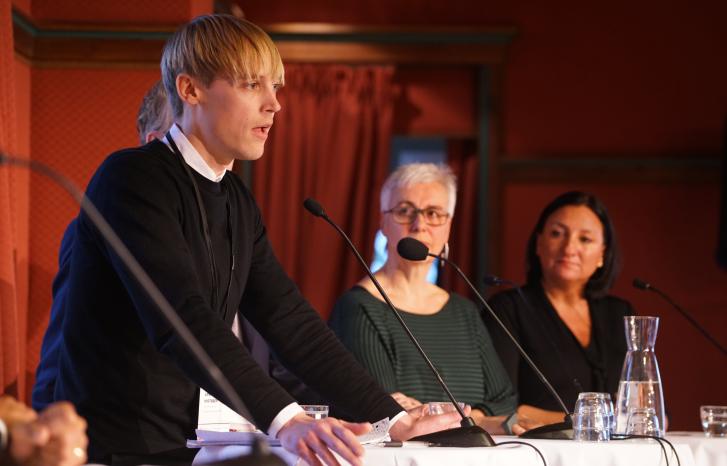Next week, Kilden is travelling to Germany to attend Europe’s largest gender research conference. More than a thousand participants will come together to share and discuss new research. We have invited colleagues from a selection of European countries to discuss how right-wing ideology and anti-feminism affect the dissemination of gender research.
Is it a coincidence that gender studies are affected? No, of course not.
The background for this initiative is that we have seen, over time, that political authorities in more and more European countries interfere with research on gender and equality. Academic institutions are heavily affected in countries where democracy and freedom of speech are under pressure. The news that Hungarian authorities plan to close down and ban gender studies at the two universities that offer such programmes today, is now gradually spreading in Norway. The argument is that there is no market for such competence in Hungary. But it remains unclear how they have come to this conclusion.
Is it a coincidence that gender studies are affected? No, of course not. This must be understood in a larger ideological context. The fact that gender research is affected is connected to the growth of right-wing populism and its anti-feminist values. More and more countries, such as Hungary, Poland and the Czech Republic, have led a highly conservative family ideology over the past years. Gender research has always posed critical questions concerning prevailing perceptions of gender and gender relations. Gender researchers study how social structures and the ways in which we organise our lives have different consequences and provide different living conditions for women and men. In an extended context, what is happening now is therefore an attack on women and men who wish to live their lives in ways that deviate from a strongly conservative and often religiously founded family ideology. In countries where the authorities are currently tightening their grip on family politics, the knowledge produced within the field of gender studies is considered threatening. The fact that gender research is under attack demonstrates its significance.
My hope is that authorities and academic institutions in countries with strong democracies such as Norway will take a clear stand against the interference that we are now witnessing.
Like all other research, gender research is also subject to critical, public debate. We are well familiar with this in Norway. But this is something entirely different: Hungarian authorities are attacking the institutions’ and the researchers’ academic freedom. My hope is that authorities and academic institutions in countries with strong democracies such as Norway will take a clear stand against the interference that we are now witnessing. European University Association (EUA) has delivered a clear message in which it strongly dissociates itself from what is happening in Hungary. I hope that Universities Norway, which is a member of EUA, will do the same. I am also of the opinion that our authorities should take an active part when academic freedom is under threat in Europe.
We are looking forward to an exciting conference and debate next week.
Do you want to stay up-to-date on new nordic gender research? Sign up for our monthly newsletter.



